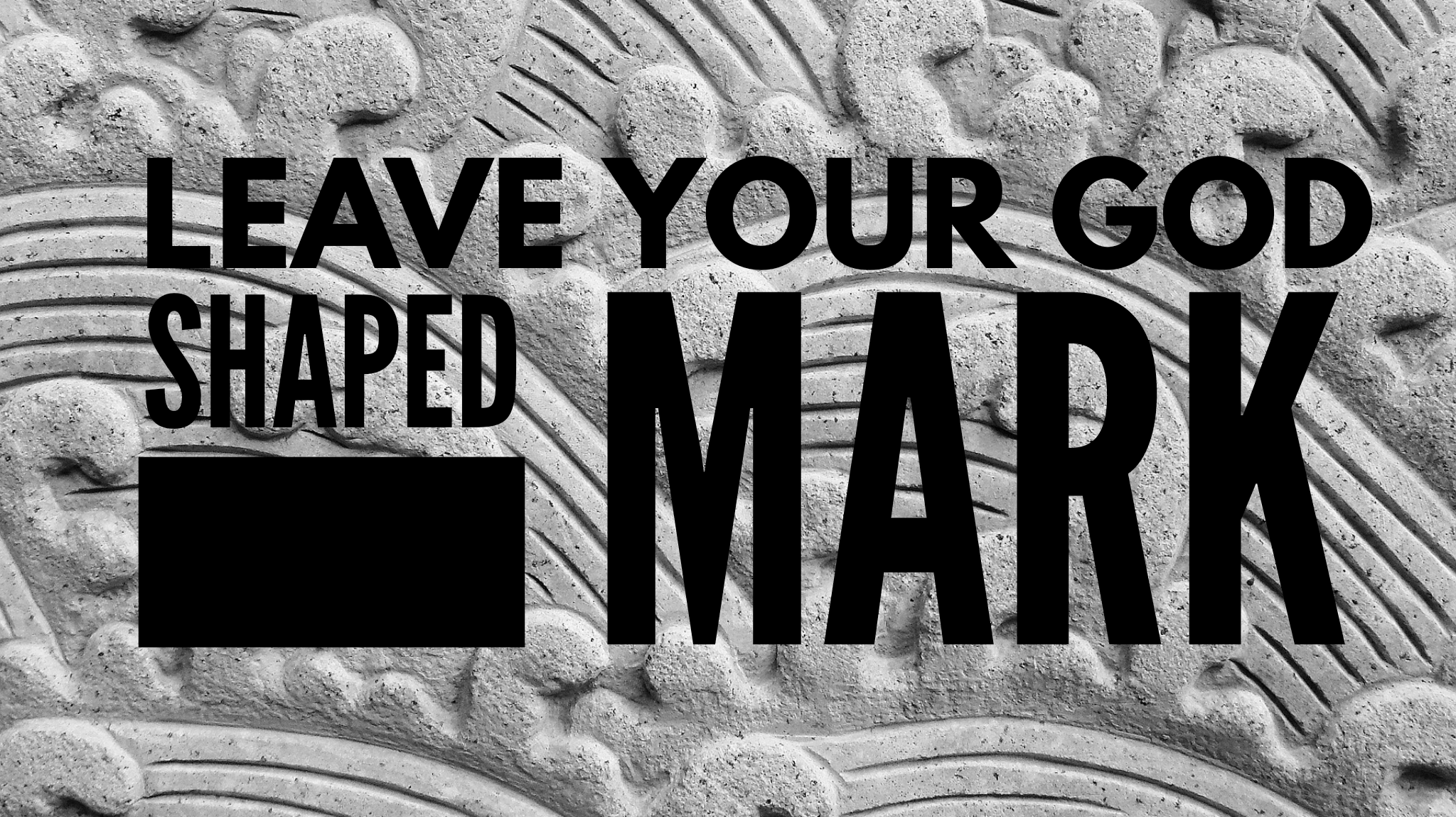Zygmunt Bauman was one of the greatest sociologists of the 20th century. One of his favorite means of talking about the ways we interact was to distinguish between “tourists” and “vagabonds.” I’ve always felt this distinction needs to be further developed to include “vagrants” and “resident-aliens” in order to better understand God’s calling for his people to be a city of light within the world of darkness. Here’s how I’ve come to apply Bauman’s categories to the church.
A vagrant is a hostile person living downtown. Vagrants are often listless and purposeless, but if provoked will quickly turn violent. Many Christians live as vagrants. They have no noble purpose, but seem to be everywhere, drawing attention to themselves. If approached, Christians can lash out and do great harm to those around them, yet never seem willing to accept responsibility for their actions. Some Christians seem convinced their violence is necessary.
Vagabonds, by contrast, sleep under park benches and keep their libations in brown sacks. They are rootless and without family. Christians can also be vagabonds, pitiful creatures, always trying to solicit sympathy for their suffering. They wonder why the world doesn’t help them, growing frustrated and despondent that their plight isn’t addressed.
Tourists are people who visit downtown but take no responsibility for its wellbeing. They look and laugh, spend a little money and go shopping, but the only legacy they leave behind is their spare change. Some Christians play tourist in the world. They taste its goods and enjoy their stay, but never leave their mark. They’re players, not producers.
It’s clear God never intended us to be tourists, vagabonds, or vagrants. We are citizens of heaven, but we live on earth. We are not native to our earthly city, and it has been so long since we lived “at home” that we hardly feel like immigrants, either. The best way to describe us is as resident aliens. We’re from there, but we live here. We still do heaven things quite naturally, but we also commit ourselves to the good of the earth.
Adapted from Then. Now. Next.: A Biblical vision of the church, the kingdom, and the future.
fossores
Related posts
Categories
Category Cloud
Tag Cloud
Recent Posts
- Victors and Victims November 6, 2018
- 3 Hacks for Happiness October 29, 2018
- Hope Against Death September 20, 2018
- The Shape Of The Cross September 19, 2018


